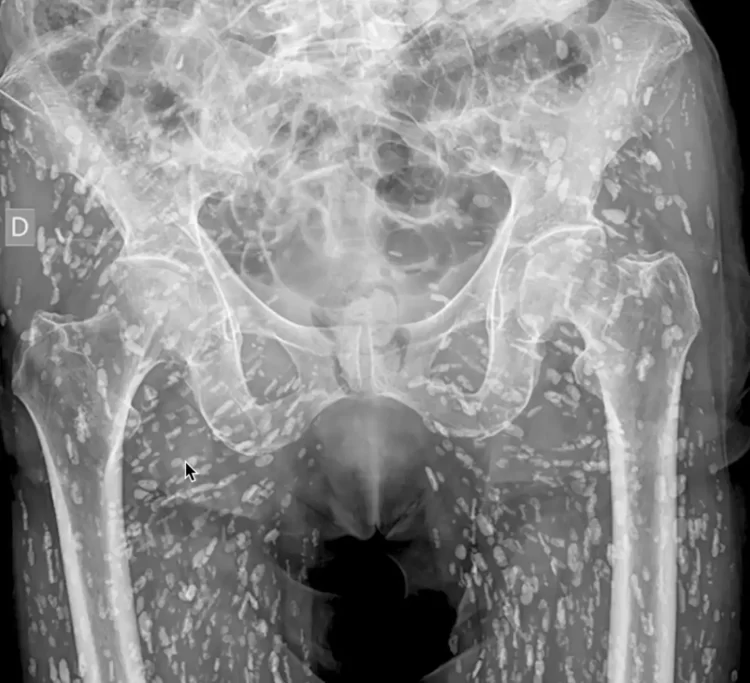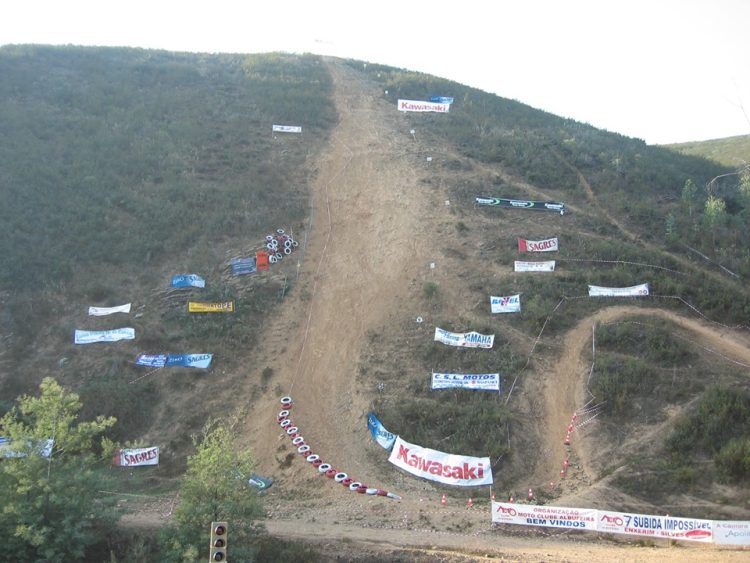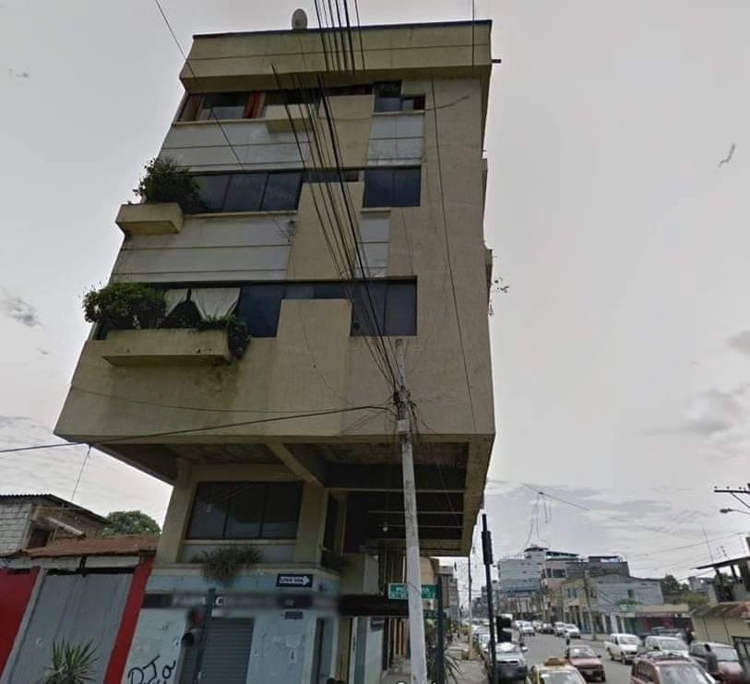Paul Koudounaris, a history professor from California, has spent the last three years visiting ancient ossuaries and churches around Europe and photographing their macabre treasures. Among these are the Catacomb Saints, a series of jewel-encrusted skeletons said to be the remains of Christian saints.
Decorated with hundreds of precious stones and several pounds of gold and silver, the Catacomb Saints photographed by Mr. Koudounaris for his new book, Empire of Death, are skeletons dug up from Roman catacombs in the 16th century and installed in churches around Germany, Austria and Switzerland on the orders of the Vatican, to replace the sacred relics destroyed during the Protestant Reformation of the 1500s. Although none of them qualified as saints, authorities from the Vatican signed certificates identifying the dug-up skeletons as martyrs. The bones were packed in boxes and sent from Rome to various monasteries around central Europe, where nuns decorated them with gold and silver jewelry encrusted with precious stones. Since the skeletons were believe to be Christian martyrs, their bones couldn’t be handled by anybody, but only by those who had taken a sacred vow to the Church. Once the decorative work was finished, the bejeweled remains were sent to churches and cathedrals where they reminded people of the spiritual treasures of the afterlife and acted as symbols of the Christian Church’s power in previously Protestant areas.





















